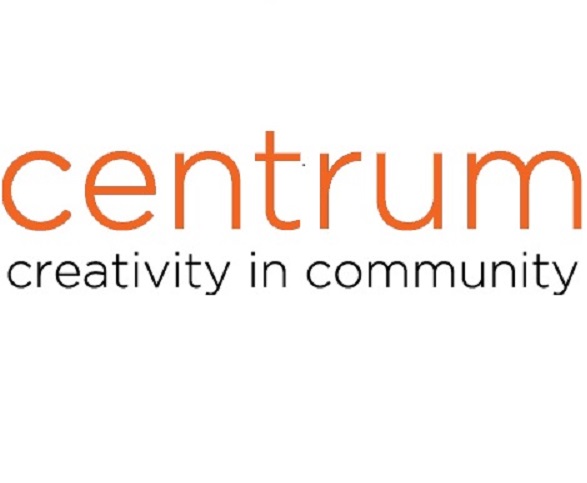[Post by guest blogger Martha Carey]
So, when the world around you seems to be filled with claims of the certitude of 'moral knowledge' and you are left with cranky old Bertrand Russell as solace, what is a creative person to do?
If my 'function' as an artist is to stay open, to interpret and contextualize my world through what I make with my hands and tools, and yet the voices of authority in that world push always for finality, for certainty, in each conversation…then I have to paint myself out of the corner.
Creating new work is about dwelling in uncertainty. It is also about being willing to be led along by a shifting balance of chance, imagination, and confidence in an aesthetic sensibility. I don't plan what I paint, it emerges; I reflect and I feel and I push paint and compositions emerge. And I don't have moral knowledge of anything at all, least of all the role or source of this creative output.
Painting can be quite painful; working through something in my mind and making it comprehensible on canvas is often painful emotionally, mentally, sometimes physically. Thinking about painting "Why He Fled" sort of hurts and gives me release, too. I undertook that painting while trying to dwell in the mind of someone who claims his identity through an act of violence, and thinking about what a luxury it is, in a sense, to not be him.
What I am not, how others may be, what I can't know, how things make sense and then don't, how time changes absolutes — that is where I live, where any artist lives, I think. At my core, I am fascinated by 'moral knowledge' as an essential self-defining need, and am fascinated too by non-belief. When I am not frustrated or spent, I can try to imagine what it must feel like to be the other, to live in faith. And that imagining is a creative act, an interpretation, the beginning of a painting, what keeps me alive.
